Can Digestive Enzymes Help Heal My Gut?
Ali Segersten Feb 27, 2022 10 comments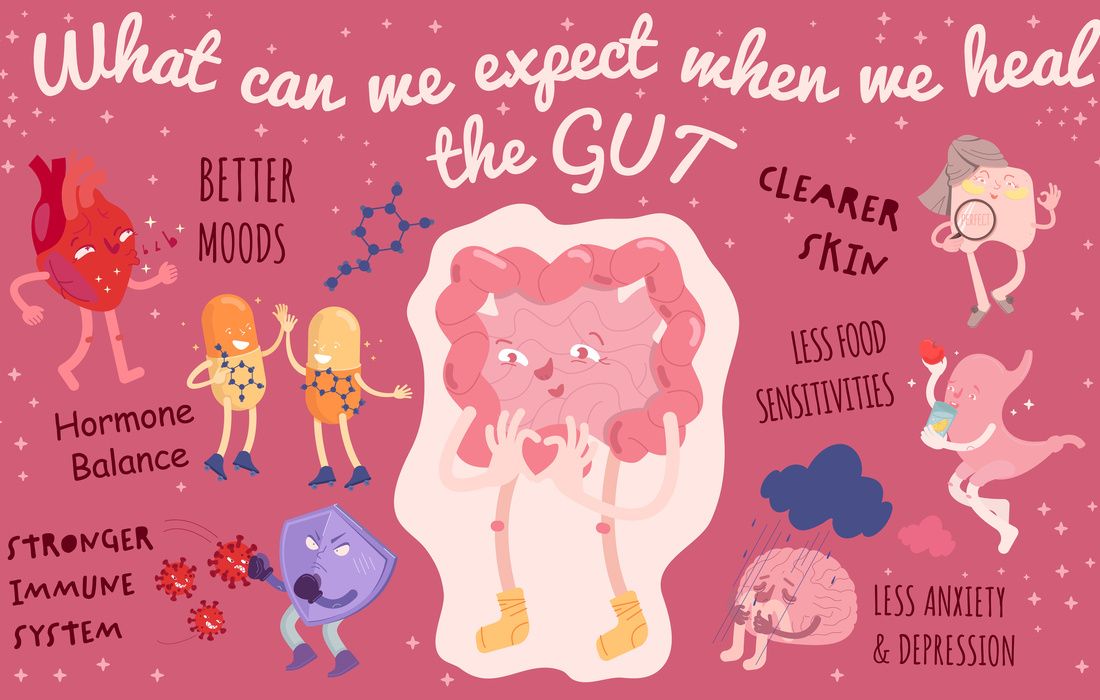
What are digestive enzymes and how do they help improve gut health? Well, first of all, let's explain digestion. Digestion is simply the process in which our bodies break down food into smaller components that can be absorbed. You can't actually absorb protein, fat, and carbohydrates. These compounds must be broken down into their most basic forms so the body can absorb and utilize them. What happens when the process of digestion is compromised? When food particles are not broken down into their most basic forms, they may become food for gut bacteria, not all of which may be beneficial. Bacterial fermentation in the gut can lead to an overgrowth of more harmful bacteria, bloating, abdominal pain, gut damage (leaky gut), inflammation throughout the body (some types of bacteria can trigger the immune system and increase systemic inflammation and histamine release), a potential increase in food sensitivities, and a decrease in nutrient absorption. Therefore, being able to properly break food down is of utmost importance to your overall health.
The saying: Health begins in the gut is only partially true. Health begins with your DIGESTION!
Enzymes are proteins that our bodies produce. They break the bonds between molecules that are stuck together to form larger molecules. For example, a carbohydrate molecule is made up of many glucose molecules. More specifically, starch in carbohydrates consists of many polysaccharides. These complex molecules are made up of many glucose molecules bonded together. Our intestines can't absorb a large chunk of a carbohydrate, but we can absorb the three simplest forms of carbohydrates: glucose, fructose, and galactose (also known as monosaccharides).
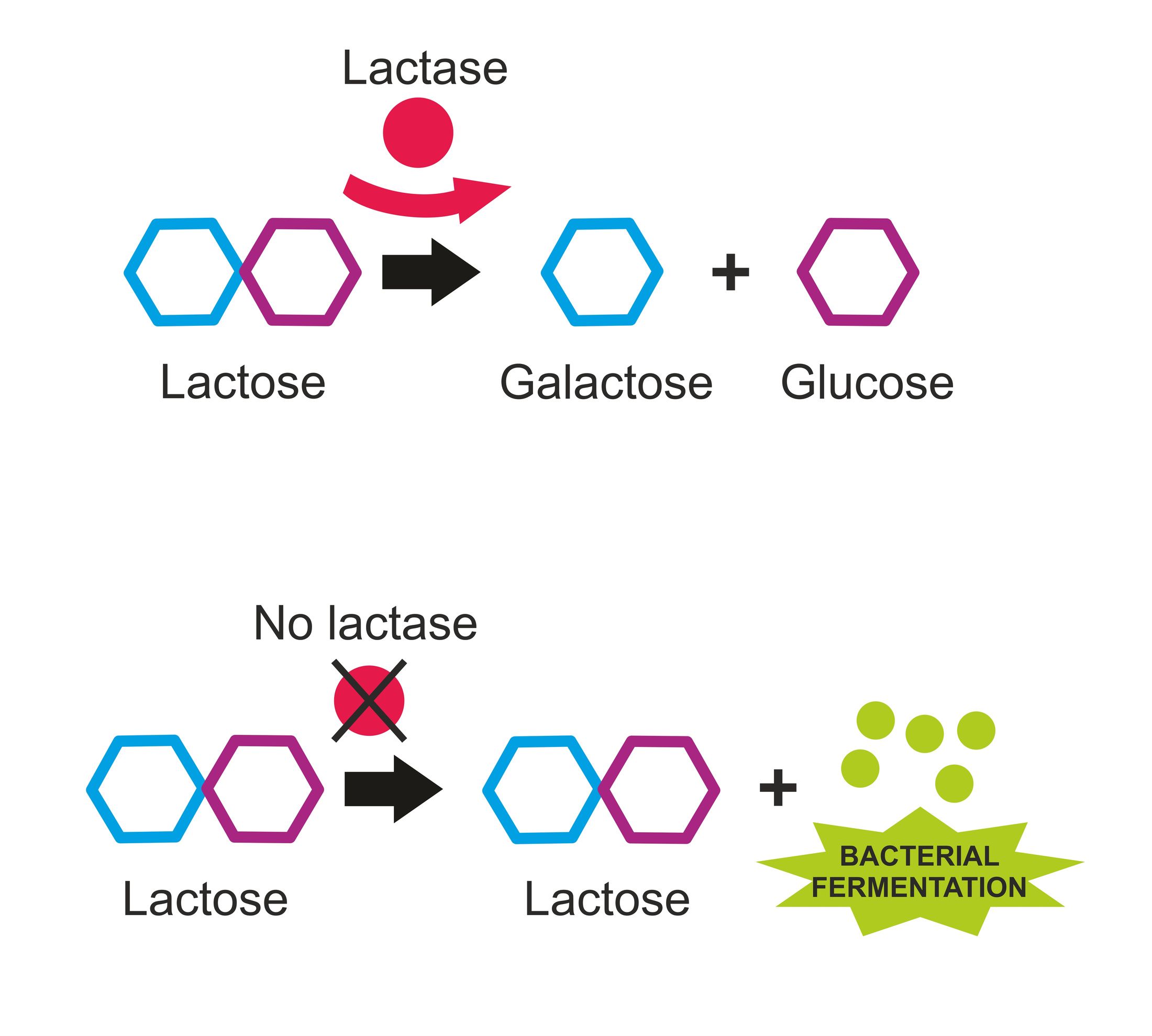
Lactose is the main carbohydrate (disaccharide) found in milk. Our intestines produce large quantities of lactase during infancy and early childhood. After weaning, lactase production begins to wane in most people, though some people maintain the ability to produce lactase due to their genetics. The enzyme lactase breaks the disaccharide bond in lactose, freeing galactose and glucose so they can be absorbed. Lactase is produced on the brush border of the small intestines, along with other important brush border enzymes such as sucrase and maltase (carbohydrate enzymes), peptidases (protein enzymes), and lipases (fat enzymes). These enzymes break down food particles into their smallest components so they can be absorbed (starches into monosaccharides, proteins into amino acids, and fats into fatty acids). Enteropeptidase, a brush border peptidase actually helps one of your pancreatic protein enzymes turn into the correct form needed to function! When there is intestinal damage, whether from undiagnosed Celiac Disease, an overgrowth of pathogenic bacteria, or from an Inflammatory Bowel Disease such as Ulcerative Colitis, then the ability to break down and properly absorb food decreases.
What do you think might happen if you don't have the enzymes needed to break carbohydrate bonds?
The bacteria in your gut will begin to ferment them. This can lead to painful gas, bloating, small intestinal bacterial overgrowth (SIBO), candida overgrowth, mast cell activation, and chronic immune system activation (LPS on gram negative bacteria will activate the immune system, and you may feel like you are constantly fighting a cold or a flu).
What do enzymes do?
Enzymes are produced in your body starting in your mouth! When you first start to chew starchy foods, salivary amylase is produced to begin to break down those complex starch molecules. The stomach produces gastric lipase to begin to break apart fats, and pepsin to begin protein digestion. Once food reaches your small intestines, pancreatic enzymes further break down food into smaller particles. Brush border enzymes are released all along the small intestines to continue to break down food into its smallest components in order to be absorbed.
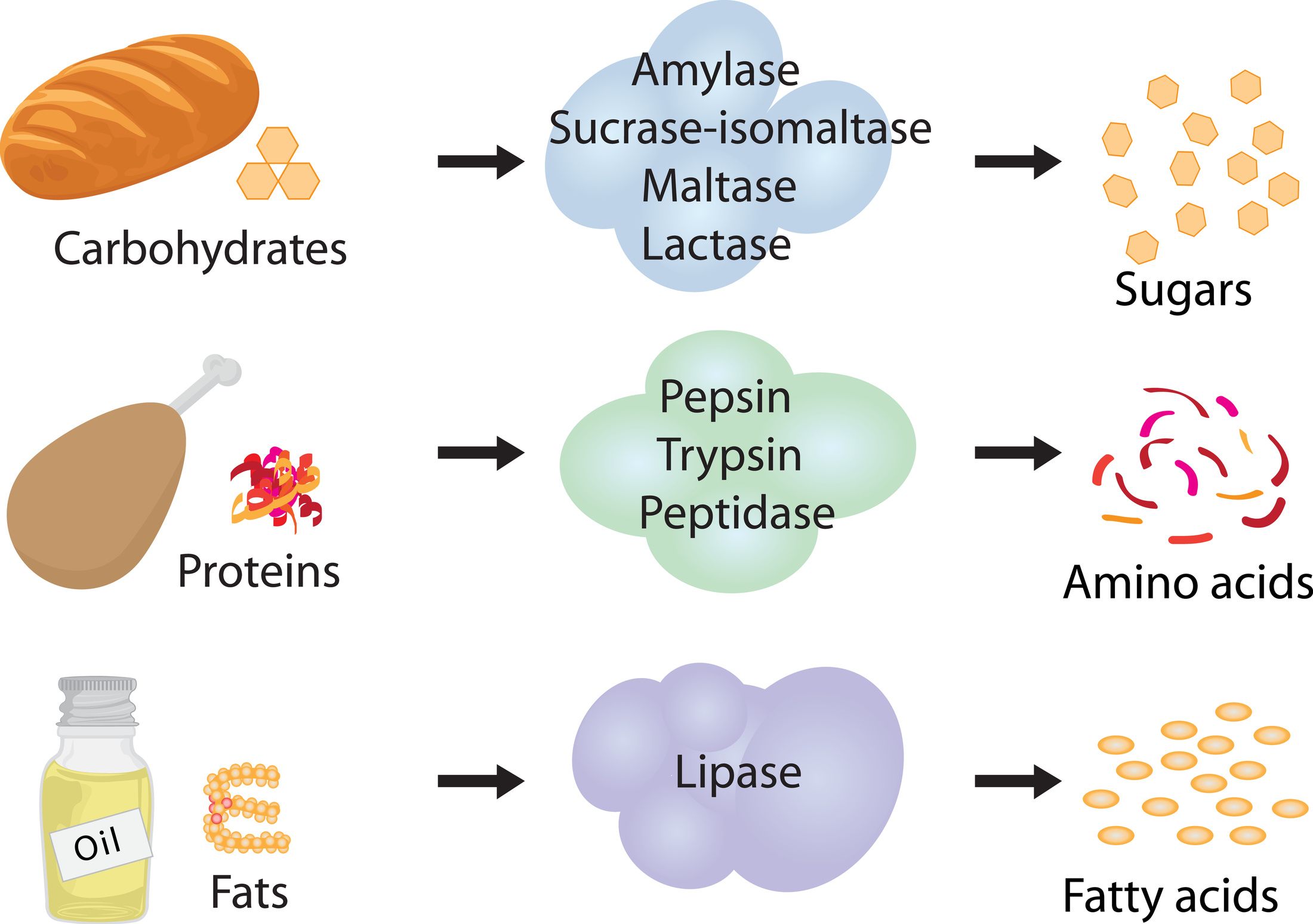
How do you improve your digestive enzyme function?
Inflammation, gut damage, and bacterial overgrowth are, unfortunately, a vicious cycle. When the production of brush border enzymes is diminished, then there is an increase in food available for pathogenic bacteria. The increase in pathogenic bacteria can further drive up inflammation and gut damage, leading to even more of a decrease in the production of brush border enzymes. To break this cycle, including a digestive enzyme supplement with all meals is crucial. You may also need to decrease the amount of starchy foods you consume for a limited amount of time in order to heal. If you have undiagnosed celiac disease, then the constant ingestion of gluten breaks down this brush border (called villous atrophy), decreasing the ability to absorb key nutrients like minerals and vitamin D, and at the same time decreasing the production of critical brush border enzymes. This often leads to an increase in food sensitivities, immune activation (feeling tired, in pain, and sluggish all the time), and an increase in food particles available for pathogenic bacteria. Amino acid deficiencies can result, which can lead to chronic fatigue and muscle wasting, as well as neuropsychiatric issues such as depression and anxiety.
At this point in the cycle, people often need to restrict foods and support the entire digestive process in order to heal. This might mean doing an Elimination Diet, or going on a Gluten-Free and Dairy-Free Diet, or doing a more restrictive Grain-Free and Sugar-Free Diet. It is best to talk with a health care practitioner to see what type of healing diet might work best for you.
There are a few easy steps you can take now to support your digestion.
The entire process of digestion is stimulated by the flavors in certain foods. Bitter foods, such as bitter dark leafy greens, stimulate the digestion of starches, proteins, and fats! Just think about eating a salad before the main course. Bitter foods first stimulate the production of amylase in the mouth during chewing. Then, in the stomach, bitter foods stimulate gastrin (a hormone) that in turn stimulates the release of gastric acid. As bitter foods make their way through your digestive tract, they stimulate the release of bile from the gallbladder, helping to break down the fats from your meal into smaller molecules so your fat-digesting enzymes can properly do their job!
Including a digestive enzyme supplement with the first bite of each meal is also critical to support digestion and begin to heal the gut. When food is broken down properly, you begin to stop the vicious cycle of larger food particles being passed to pathogenic bacteria, thus lowering this chronic immune activation and gut damage that occurs from an imbalance in gut microflora. Going longer periods in between meals can also help to stimulate the migrating motor complex. This is the nervous system cue that causes smooth muscle waves in the intestines (this keeps food moving through your gut so it doesn't sit in one place for too long and ferment).
To wrap it up:
- Include a digestive enzyme supplement with each meal. This is one of my favorite chewable digestive enzyme supplements that can be ordered online, and this digestive enzyme supplement can be found at most health food stores.
- Include bitter foods with your meals. This includes dark leafy greens like kale, collards, brussels sprouts, mustard greens, lettuces, endive, and arugula, as well as non-starchy veggies like radishes and daikon.
- Wait at least 4 hours in between meals and snacks to stimulate the smooth muscle waves in your intestines.
- Breathe. Take a few deep breaths before you begin your meal to calm down stress (more important than ever right now) and switch into your "rest and digest" mode (parasympathetic nervous system). This allows the entire process of digestion to function properly.
*Visit our Diets page to learn more about different healing diets that can support your gut health.

About the Author
Alissa Segersten, MS, CN
Alissa Segersten, MS, CN, is the founder of Nourishing Meals®, an online meal-planning membership with over 2000 nourishing recipes and tools to support dietary change and better health. As a functional nutritionist, professional recipe developer, and author of The Whole Life Nutrition Cookbook, Nourishing Meals, and co-author of The Elimination Diet, she helps people overcome health challenges through food. A mother of five, Alissa understands the importance of creating nutrient-dense meals for the whole family. Rooted in science and deep nourishment, her work makes healthy eating accessible, empowering thousands to transform their well-being through food.Nourishing Meals Newsletter
Email updates.
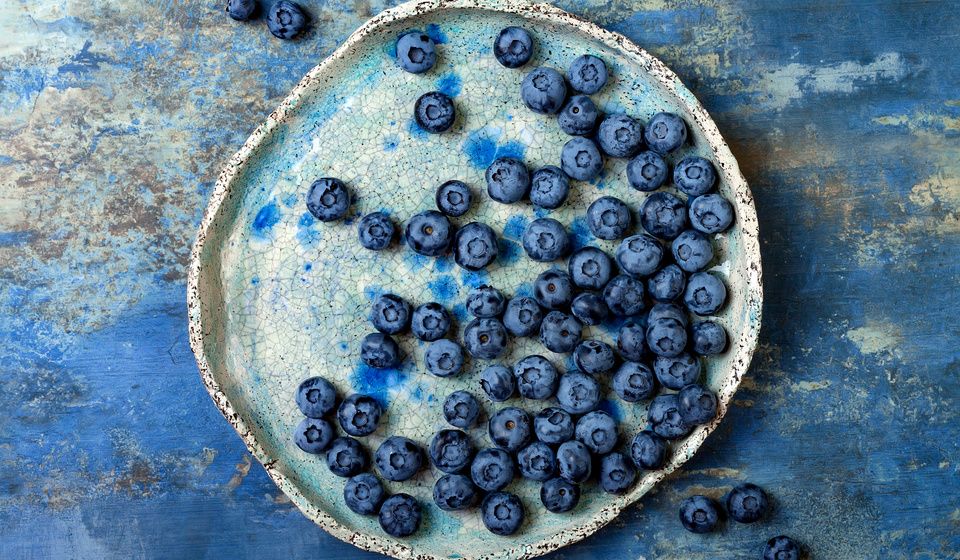
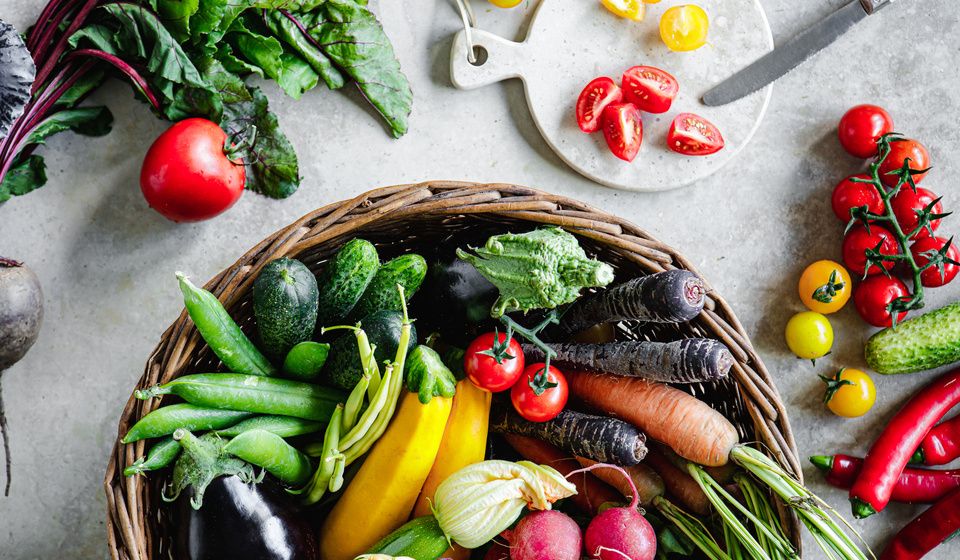
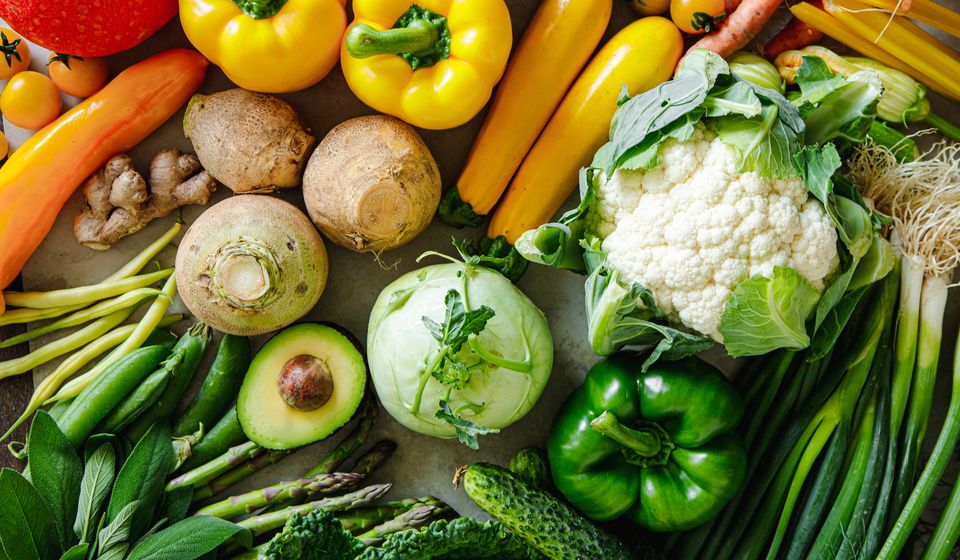
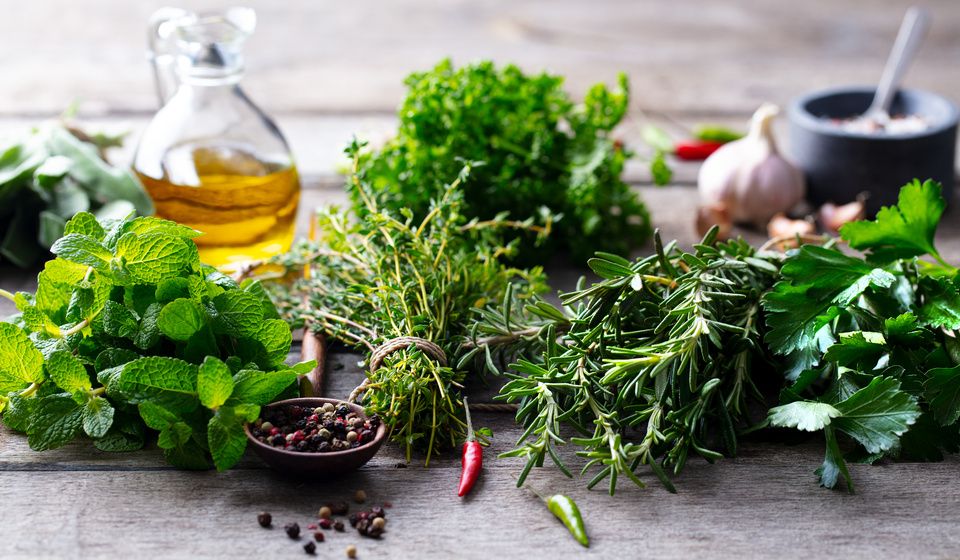


Add Comment
Comments
Thank you so much. This is…
Thank you so much. This is another step on my journey to healing. Stress, can cause so much imbalance. I’ve prayed so much for healing. Sometimes it’s immediate and sometimes it takes time. Trauma can cause gut and other body issues too. The brain remembers subconsciously and the body can respond without a person even realizing it. This is why it’s important to process these traumas through prayer and counceling. The body systems can activate or deactivate, as well as the muscles. A specially trained physical therapist can help this. Then, the gut makes the mood chemicals, as this states. So a healthy gut creates a more stable mood ability. Also, watch what comes into your mind. It matters. You matter. Jesus loves you. I’m thankful for this email.
Hi Ronda, thanks so much for…
Hi Ronda, thanks so much for your comment. Yes, trauma can affect the entire digestive process. Part of the healing process is certainly to work on this level as well. :)
Very throughly researched…
Very throughly researched articles. Great work
I've had people (including a…
I've had people (including a FM doctor) recommend Betaine HCL to improve digestion / help break down food. Digestive enzymes are different than HCL, tho, aren't they? Would they work in conjunction with each other, or do you recommend people stick just with digestive enzymes?
I'd appreciate your insights, thanks.
Hi Janet! For those with…
Hi Janet! For those with insufficient stomach acid production, betaine HCL can be helpful. Once stomach acid enters the upper intestines it stimulates CCK (a peptide hormone) to release bile. CCK also stimulates the pancreas to release pancreatic enzymes. Therefore, insufficient stomach acid can have many negative downstream effects. It is best to talk with your IFM doctor on what is best for you personally.
Hi, Ali:
I have chronic…
Hi, Ali:
I have chronic pancreatitis and take prescription pancrelipase. Do you think I would benefit from the enzymes you recommend?
Hi Laura, I would suggest…
Hi Laura, I would suggest talking with your doctor or a Functional Medicine doctor to determine what might be best for you personally. You can use this link to find a practitioner in your area: https://www.ifm.org/find-a-practitioner/
Thank you - one of the best…
Thank you - one of the best explanations I've seen, suitable for the lay person!
Thanks for this great…
Thanks for this great information. This is more understandable and makes so much sense!
THANK YOU for this info…
THANK YOU for this info. Super helpful.